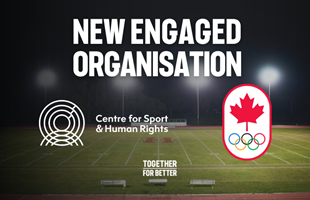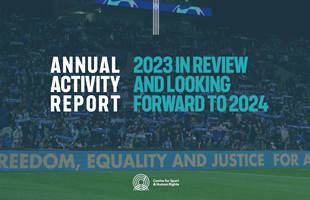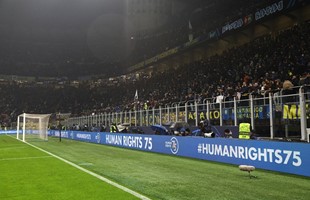
Centre Statement on the European Super League
Author - Centre for Sport and Human Rights
On Sunday 18th April, twelve European football clubs announced the creation of a new ‘Super League’ outside the control of football’s European governing body UEFA and its world governing body FIFA. Fan groups, players, governments, journalists and even coaches of the teams involved mobilised immediately to show their opposition to the plans. 48 hours later the plan collapsed as the teams involved were pressurised to withdraw their support.
One of the reasons the project appears to have failed is because there was no consultation or approval from governing bodies, players, fans or governments.
While much of sport is also a business, it also has an important role in society, and those who govern sport have powerful roles as custodians. Indeed, any organisation running sport, especially where they maintain a state-sanctioned monopoly, needs to uphold a social licence rooted in human rights. Maintaining a social licence means demonstrating consistent and trustworthy behaviour in interactions with stakeholders. This was clearly missing from the Super League proposal, and should be a reminder to those with existing responsibilities to oversee sport. It is also a renewed opportunity to demonstrate that sport’s role in society is more than just as a commercial pursuit.
Football, in particular, finds itself trying to balance its global entertainment and economic potential in a context built by institutions which have a treasured position in local areas, with local people.
The fierce backlash expressed by fans, sport bodies, players and governments shows the urgent need to actively involve people in key decisions being made in sport. Providing opportunities for participation, in particular engaging those who are likely to be most affected by big decisions, is one of the central tenets of a human rights based approach. This highlights more clearly than ever the need for all organisations involved in sport to embed human rights in their governance, operations and decisions. Doing so would promote decision-making frameworks and processes backed by robust stakeholder engagement with potentially affected groups - in this case, players and fans.
The future of sport depends on a collective ability to generate shared value that goes beyond merely exploiting commercial opportunities that financially benefit a fortunate few. Proper due diligence, due consideration and community engagement must be at the heart of any successful sporting venture.
Finally, while the Super League project may be a necessary wake up call, many players have asked why a similar level of outrage has not turned its fire on systemic issues such as racism in sport. We ask the same - as well as on other crucial areas of abuse.



